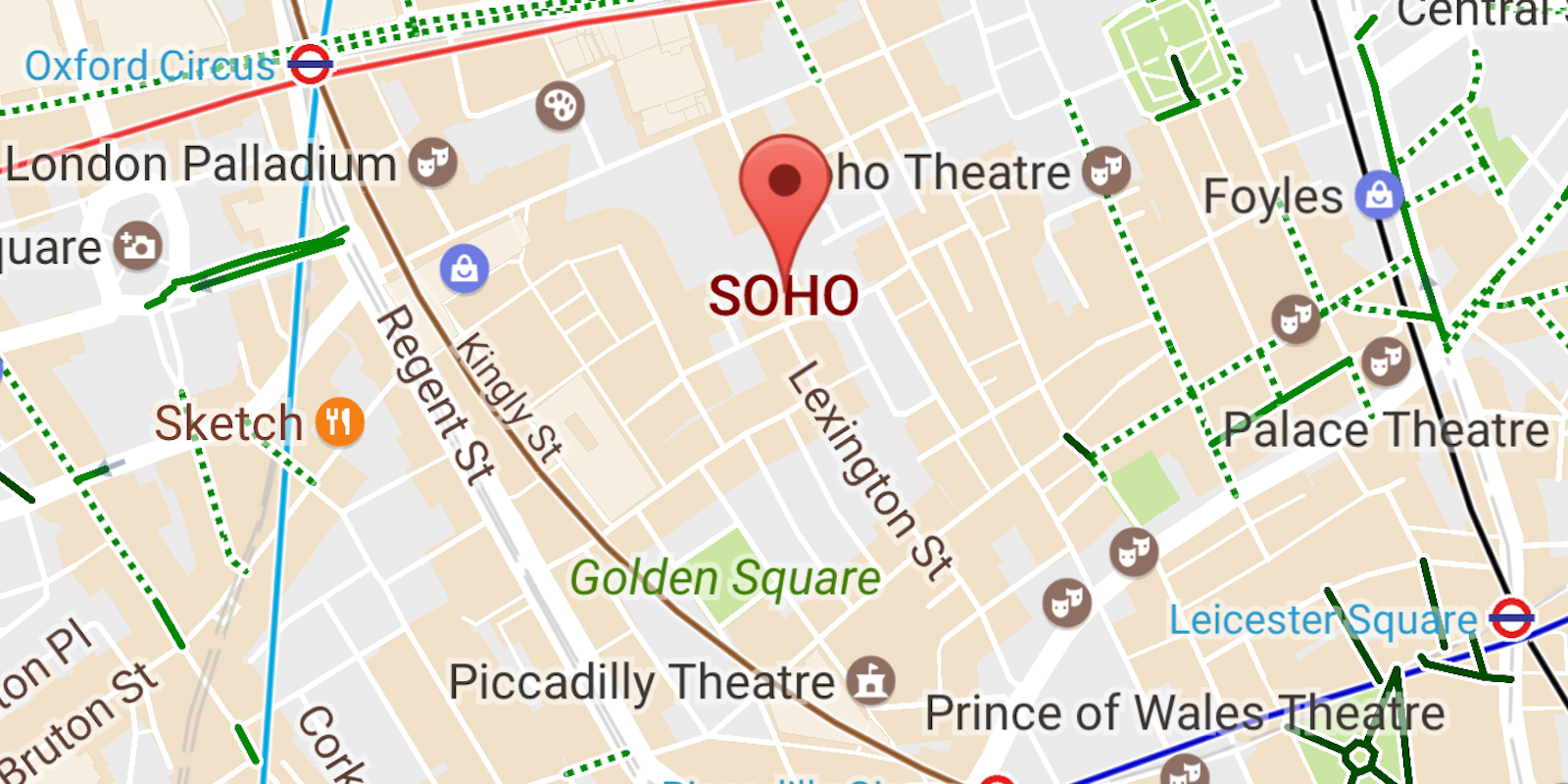Using GPS navigation to direct you on a car trip isn’t just saving you from getting lost, it’s also taking a load off of your brain. In a study published in Nature Communications, researchers found that certain parts of the brain in charge of memory, planning, and decision-making switch off when you rely on GPS.
“If you are having a hard time navigating the mass of streets in a city, you are likely putting high demands on your hippocampus and prefrontal cortex,” senior paper author Dr. Hugo Spiers (UCL Experimental Psychology) says. You use the hippocampus for memory and navigation, and the prefrontal cortex for ultimately deciding which way to turn. “When we have technology telling us which way to go, however, these parts of the brain simply don’t respond to the street network. In that sense our brain has switched off its interest in the streets around us.”
In this study, researchers performed brain scans on 24 individuals navigating a simulation of central London’s Soho area. Navigating the roads on their own, researchers saw spikes of activity when the volunteers came upon new streets. The brain activity rose further if the subject had numerous route options to then choose from to get to their destination. Volunteers following GPS navigation saw no increase in brain activity.
This study aligns with previous research performed on taxi drivers. The hippocampus region of the brain in cabbies expanded as they learned to navigate London streets on their own. This newer research would suggest that those who rely exclusively on satellite or GPS navigation don’t engage that part of the brain as much, and won’t see that benefit.
The research also sheds light on how best to structure a city’s roadways so that they’re easier to navigate. Manhattan, with its straightforward grid layout, is less taxing on the brain than London’s labyrinth of small streets, for example.
Spiers, senior paper author and director of science at the Centric Lab, says that these findings will help us develop buildings and roadways that are easier to navigate. (This could be particularly useful in communities that house dementia patients.)
If we’re using our brains less for navigation on the road, that should mean that more brain space can be dedicated to monitoring our surroundings for accident threats, instead. With the rise of autopilot-style safety features though, we barely even need our brains for that. I guess it’s only a matter of time before driving becomes as stimulating to the brain as zoning out to reruns of The Office on Netflix.
H/T PsyPost


